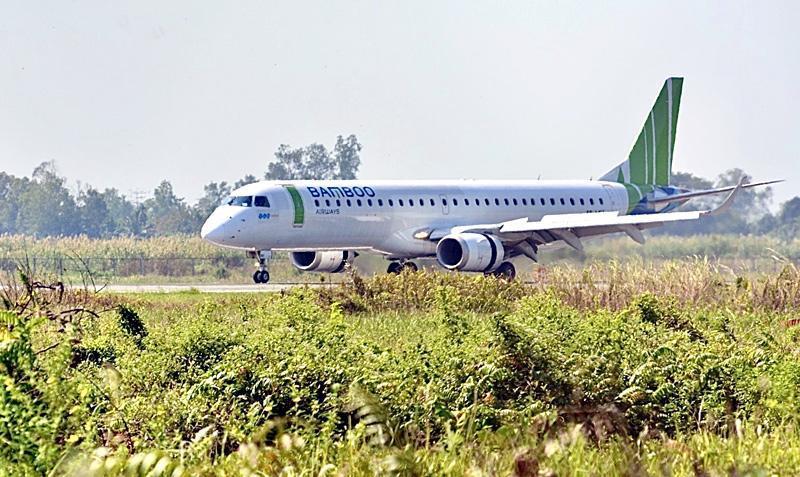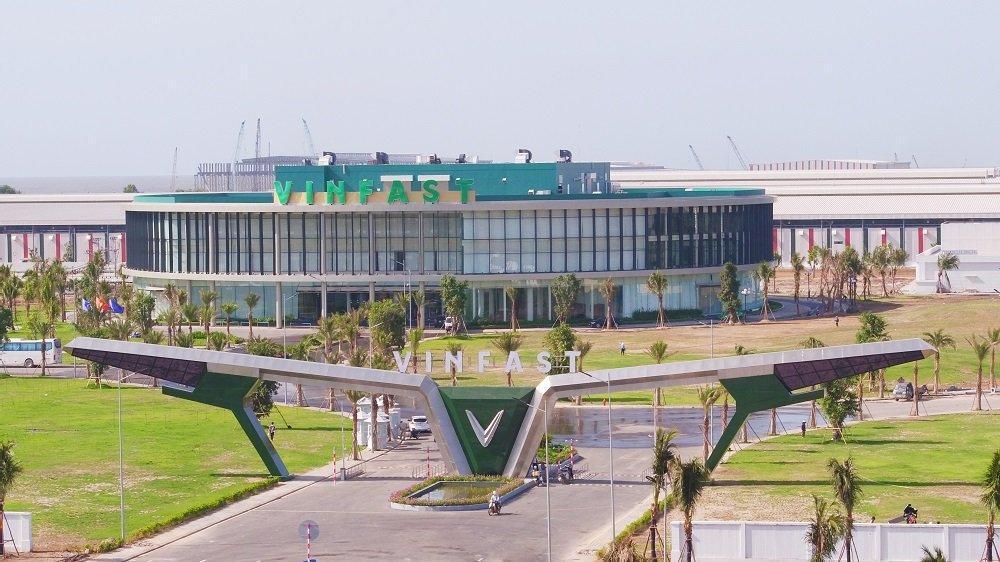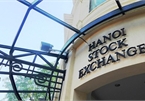In 2019, representatives of large corporations of Vietnam such as FLC Group, BRG, SeABank, Petrolimex, Vietcombank, Vietnam Airlines and SHB attended the beating of the gong to open the 20th trading session of the Singapore Stock Exchange (SGX).
This was a sign showing Vietnamese corporations’ desire to go to the international capital market as well as international interest in Vietnamese corporations. However, listing on the international floor has been a dream of domestic firms for the past decade.

At the 2009 General Meeting of Shareholders, Vietnam Dairy Products Joint Stock Company (Vinamilk) said that it had been preparing for the listing process on the Singapore Stock Exchange since late 2007. The resolution of the 2007 General Meeting of Shareholders also stated the plan to issue and list 5% of the charter capital of Vinamilk on foreign stock markets. By October 31, 2008, Vinamilk was the first Vietnamese enterprise approved to list on the main trading floor of the Singapore Stock Exchange.
However, in 2011 Vinamilk decided to cancel the plan to list on the Singapore stock exchange. The reasons given are the difference of procedures between Vietnam and Singapore Stock Depository Centers as well as the different shareholder conditions.
In 2012, another Vietnamese corporation stopped its international game. Hoang Anh Gia Lai Group delisted bonds worth $90 million on the SGX. The reason, according to this group, was because the number of bondholders of Hoang Anh Gia Lai international bonds were few and there were few transactions.
In 2014, FLC Group started the process of listing its shares overseas and Singapore was selected as the first destination. However, there were many limitations related to Singaporean law as well as securities and investment laws of Vietnam at that time. Not only FLC but also many large Vietnamese corporations had to postpone this route. In 2017, FLC held a roadshow and if it is favorable, the listing of FLC in Singapore is expected to take place in 2021.
Also in 2017, Nguyen Thi Phuong Thao, CEO of VietJet Air, told Bloomberg that VietJet Air hopes to become the first Vietnamese company to list shares on the New York Stock Exchange. The billionaire also said that some foreign exchanges including London, Hong Kong and Singapore have access to her firm.
The ambition to list on foreign stock exchanges of Vietnamese corporation is high, while the legal framework of Vietnam already exists and the conditions for IPO in foreign countries are not too difficult. However, so far listing on international stock exchanges has not been as successful as expected.
More than a decade has passed, and only one Vietnamese enterprise has listed on the international floor - Cavico (listed on Nasdaq). But it was delisted in 2011 due to a breach of information disclosure.

The international listing heated up again in April 2021, when Bloomberg reported that billionaire Pham Nhat Vuong's VinFast planned to have an IPO in the US to raise at least $2 billion, with the expectation of a valuation of at least $50 billion.
Shortly after, Bamboo Airways said it also wanted to have an IPO in the US in the third quarter through the issuance of 5-7% of shares, expecting a valuation of $4 billion. Reuters reported that Bamboo Airways Chairman Trinh Van Quyet hired an international auditing firm to advise on its IPO on the New York Stock Exchange.
The journey of more than 10 years and the latest moves show the ambition and continuous efforts of Vietnamese corporations to enter the international capital market, especially the major financial centers of the world. In the eyes of experts, this is an inevitable route and if successful, it will bring enormous benefits to each business, beyond billions of dollars in capital.
Being listed on international stock exchanges to mobilize large capital is the first thing that Vietnamese corporations aim for because it is very difficult to raise billions of USD in Vietnam as the Vietnamese stock market is still small. Meanwhile, international investors and large investment funds on Wall Street or even in Singapore are ready to spend money. And they pay attention to the prospects of businesses in new markets.
Listing on the international stock market brings great advantages in terms of branding. It helps to promote the company's products and services not only in the home country but also on a global scale. In particular, putting stocks on the international floor forces Vietnamese corporations to standardize their governance, be more transparent and integrate more deeply into the world.
To be listed on foreign stock exchanges, Vietnamese corporations have to meet high requirements. That includes a high level of corporate governance and transparency. Financial statements must comply with international accounting standards. The company must have standard controls over the preparation of financial statements, have anti-fraud programs, have an effective internal audit department, have clear corporate governance and structure with a growth strategy and a history of forming an attractive, reputable and responsible capital source to the social community. These are weaknesses that Vietnamese corporations must improve.

The scale and transaction requirements are also very high. If a company wants to list on the SGX, it must have a minimum capitalization of 80 million SGD; total after tax profit in the last 3 years from 7.5 million USD or more; and at least 25% of the company's shares held by at least 500 investors.
To be listed on the NYSE, a company must have 5,000 shareholders, 2.5 million shares held by the public, and $100 million in total pre-tax profit in the last 3 years; and stock price from 4 USD or more. Therefore, being listed on the international floor is a guarantee for the growth of the Vietnamese business community.
With these conditions, listing on international stock exchanges for large corporations such as VinFast, Vinamilk or VietJet is not too difficult, especially through the SPAC method.
The benefits are great, but the listing on the international market has not been successful for many years not only because of the strict conditions of international stock exchanges, but mainly because the internal requirements of Vietnamese enterprises have not been met. Listing on the international stock exchanges is seen as a success, but surviving there is difficult. If the conditions for trading and information disclosure are not guaranteed, companies could be delisted soon, and things will become worse.
Listing is done not only to raise capital. For Vietnamese businesses, it is a journey to perfect themselves according to international standards and to move up in the most competitive environment.
M. Ha

Vietnam Airlines’ stock put on warning list
The Hochiminh Stock Exchange (HoSE) has decided to put the HVN stock of Vietnam Airlines on the warning list from April 15 as its 2020 after-tax profit was reported at negative VND10.9 trillion.

PM decides to establish Vietnam Stock Exchange
Prime Minister Nguyen Xuan Phuc has signed Decision 37/2020/QD-TTg on the establishment of the Vietnam Stock Exchange (VNX), with the aim of unifying the stock market and ensuring efficient, fair, open and transparent activities.